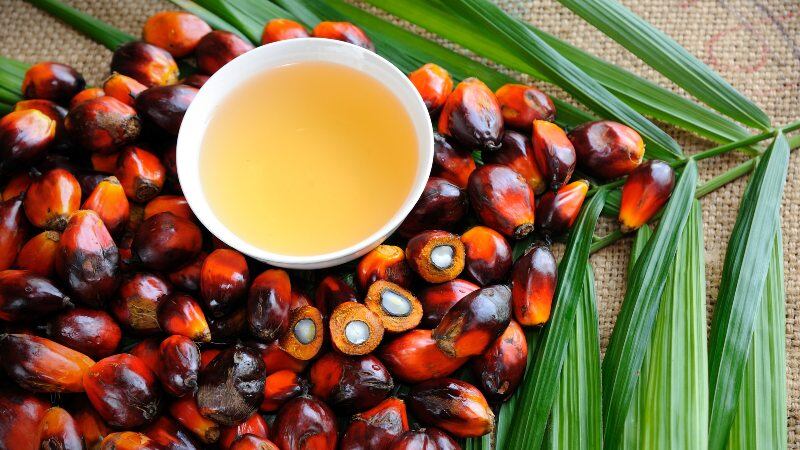Indonesia is widely acknowledged as the largest Muslim consumer market in the world, independently comprising some 13% of the world’s Muslim population, making halal certification an important requisite in the country.
On the other hand, Saudi Arabia is a very important centre of the Islamic faith due to the religion’s holy city, Mecca, located here – millions of pilgrims gathered in this city to perform hajj rites yearly pre-pandemic, and even now post-pandemic this number is expected to be at least one million.
This consumer base carries huge potential for halal food items, and particularly halal meat for both consumption and sacrificial purposes – a consumer base that Indonesia is looking to capitalise on via collaboration with the local Saudi Arabian government.
“The Indonesian Food and Drug Authority (BPOM) met with the CEO of the Saudi Food and Drug Authority (SFDA) Dr Hisham S. Al Jadhey earlier in April 2023, and the ease of access to food products from Indonesia to supply pilgrims in the holy land was one of the important agendas we discussed as part of the implementation of a Memorandum of Understanding (MoU) between BPOM and SFDA,” BPOM Head Penny K. Lukito said via a formal statement.
“Foods containing animal ingredients or based on animals were major areas of focus, and we believe including these as part of the MoU will help the supply not only for pilgrims but for general food trade from a broader point of view.
“At present there are still several obstacles facing Indonesian food firms when it comes to such products containing fish, poultry and meat or any relevant derivatives, revolving around the ease of obtaining permits and the inspections or audits by SFDA upon entry – BPOM hopes to accelerate the export and trade of these products into Saudi Arabia.”
At present, poultry remains one of Indonesia’s biggest challenges in expanding exports due to its limited Avian Influenza-free certification – there are several levels of these certifications that exist, and Indonesia’s remains at a ‘by compartment’ level whereas SFDA can only accept poultry from countries with a national Avian Influenza-free status.
“SFDA has suggested that Indonesia submit a self-declaration to the World Organisation for Animal Health (WOAH) regarding Avian Influenza-free status by city or by zone, which would open up the possibility for Indonesian poultry to access the Saudi market,” she added.
“For red meat, there is currently no form of ban in place for Indonesian products, both fresh and processed, but there is still a detailed inspection process in place that [takes time and] has impact on the product quality reaching the market.
“SFDA is expected to conduct site inspections in Indonesia next month to confirm the food safety of such products, [and hopefully] the inspection can be shortened.”
Food safety priority one
For SFDA, the priority when it comes to potentially cutting down on any inspection time will understandably be to ensure that the safety and quality of food entering the local food system remains high.
“SFDA is aware that the standards used by Indonesia and Saudi Arabia may differ [and] food safety is a priority,” Dr Hisham said.
“We believe it would be beneficial to work out a Mutual Recognition Arrangement in the field of food safety between SFDA and BPOM [to ensure] high safety and quality of Indonesian food exports in Saudi Arabia that reach the pilgrims, especially in preparations for the 2023 hajj season.”
The 2023 hajj season is expected to run between June 19 to July 18 this year, and the SFDA inspection visit in May 2023 is expected to form the basis of the Mutual Recognition Arrangement mentioned in time for this - which upon formation would mean SFDA no longer needs to carry out on-site inspections in Indonesia but rely on BPOM to perform these instead.




